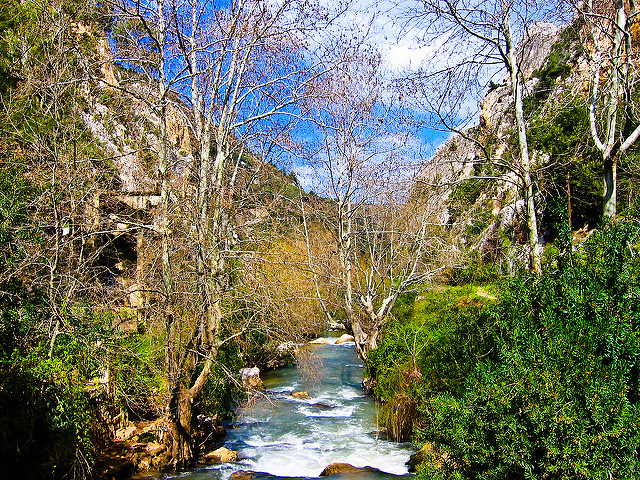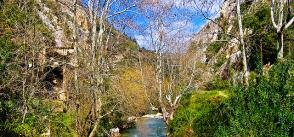
Dying of thirst: The Levant’s water worries
Water is the cornerstone of human life. But what happens when the demand for water increases faster than the available supply of freshwater resources?
JMEPP’s Numan Aksoy interviews Nadim Farajalla, the director of the Climate Change and Environment in the Arab World program at the American University of Beirut.
Journal of Middle Eastern Politics and Policy: In the foreseeable future, do you believe water resources will be a critical political issue between nations in the region?
Nadim Farajalla: I believe water resources management is all about politics – it is the art of the possible. Water demand is rising in the area due to population growth, growing economies, and a changing climate. Governments need to establish national programs on birth control to reduce population growth. In addition, they are required to work to reduce causes of migration, immigration, and refugee “generation.” All of these need political actions that are national, regional, and international. Availability of technologies and funding to treat wastewater, desalinate brackish [water] and seawater, is arrived at through diplomacy, negotiations – again, politics. Within countries, transfer of water from one region to another may require major political agreement between communities, parties, et cetera.
JMEPP: Do you think that water scarcity in rural Syria led farmers to move to urban areas, magnifying the protests that sparked the current civil war? Will water insecurity become a catalyst for future Arab Spring-like protests in the region?
NF: The role of water is minimal in the Syrian crisis. Turkey, Jordan, and other countries have had similar droughts but have not come to experience the violence Syria has. Having said that, water security can and might lead to confrontations – but history has shown that there are many more cases of cooperation over water scarcity than conflict.
Read the full interview via Journal of Middle Eastern Politics and Policy.
[Photo by Hector Abouid | Flickr]







